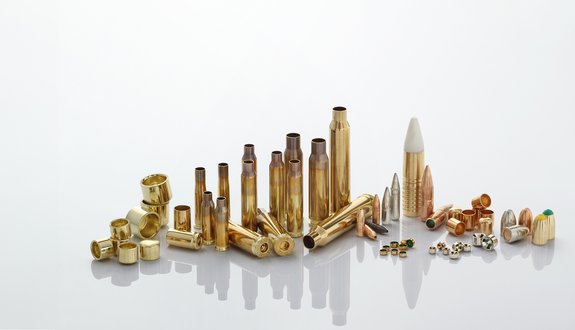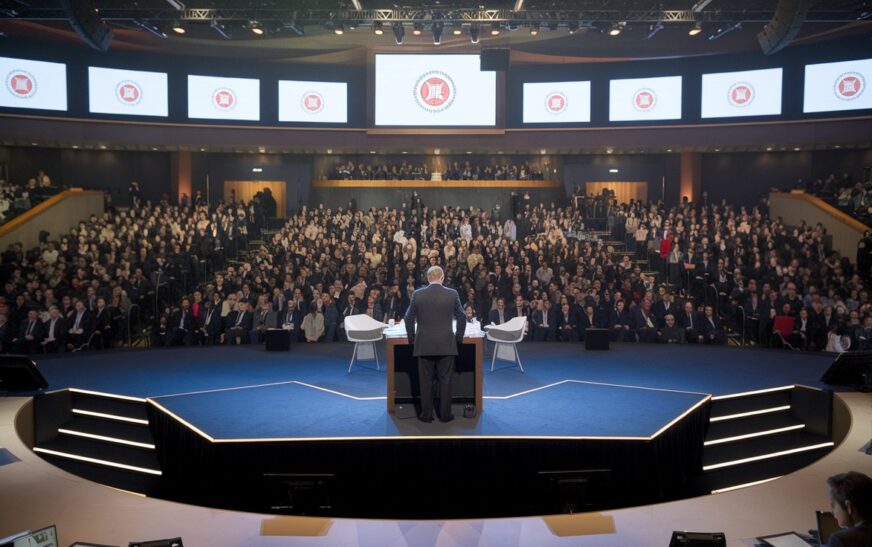Ammunition manufacturers play a crucial role in the defense, law enforcement, and recreational shooting industries by producing high-quality ammunition tailored to various needs. From small-caliber rounds for civilian use to specialized munitions for military operations, these manufacturers focus on precision, safety, and innovation to meet global demands.
This article explores the expertise, processes, and advancements in the ammunition manufacturing sector, highlighting its significance and the factors to consider when choosing a reliable manufacturer.
The Role of Ammunition Manufacturers
Ammunition manufacturers are responsible for producing cartridges, shells, and other projectiles used in firearms and weaponry. They cater to:
- Defense Forces: Supplying military-grade ammunition for combat and training purposes.
- Law Enforcement: Providing reliable munitions for police and security agencies.
- Sports and Hunting: Producing rounds for recreational shooting, hunting, and competitive sports.
- Industrial Applications: Creating specialized ammunition for mining, construction, and other industries.
Key Components of Ammunition
Ammunition consists of several essential components, each playing a vital role in its performance:
- Projectile (Bullet): The part that exits the barrel and impacts the target.
- Cartridge Case: Houses all components and protects the powder and primer.
- Propellant (Gunpowder): Ignites to generate the force needed to propel the projectile.
- Primer: Ignites the propellant when struck by the firearm’s firing pin.
- Rim: Provides a surface for extraction and ejection from the firearm.
Types of Ammunition Manufactured
1. Small Arms Ammunition
- Calibers: Ranges from .22LR to .50 BMG.
- Applications: Used in pistols, rifles, shotguns, and machine guns.
- Features: Available in different configurations like full metal jacket (FMJ), hollow point (HP), and soft point (SP).
2. Military Ammunition
- Types: High-explosive rounds, armor-piercing ammunition, and tracer bullets.
- Purpose: Designed for combat and training scenarios.
- Standards: Adheres to strict military specifications (Mil-Spec) for reliability and effectiveness.
3. Shotgun Shells
- Gauge: Common gauges include 12, 20, and .410 bore.
- Uses: Hunting, sport shooting, and law enforcement.
- Varieties: Birdshot, buckshot, and slugs.
4. Specialized Ammunition
- Non-Lethal Rounds: Rubber bullets and bean bags for crowd control.
- Incendiary Rounds: Designed to ignite upon impact.
- Armor-Piercing Rounds: Engineered to penetrate heavy armor.
5. Artillery and Heavy Ammunition
- Applications: Tanks, howitzers, and naval guns.
- Features: Large calibers with advanced explosive payloads.
Manufacturing Process
Ammunition manufacturing involves several precise steps to ensure quality and consistency:
1. Material Selection
Manufacturers use high-grade materials like brass, steel, and lead to create durable and efficient ammunition.
2. Component Production
Each component, including the bullet, case, and primer, is crafted to exact specifications using advanced machinery.
3. Assembly
Components are assembled into cartridges through automated processes to ensure uniformity and reliability.
4. Quality Control
Stringent testing is conducted to verify performance, accuracy, and safety. This includes ballistic tests and environmental stress testing.
5. Packaging
Ammunition is securely packaged to prevent damage during transport and storage.
Factors to Consider When Choosing an Ammunition Manufacturer
1. Quality and Precision
Reliable manufacturers prioritize precision engineering to deliver consistent performance.
2. Certification and Standards
Look for manufacturers who comply with international standards like SAAMI (Sporting Arms and Ammunition Manufacturers’ Institute) or NATO specifications.
3. Innovation
Top manufacturers invest in research and development to produce advanced ammunition with improved features.
4. Reputation
Choose companies with a proven track record of reliability and customer satisfaction.
5. Sustainability Practices
Eco-conscious manufacturers use lead-free primers and recyclable materials to minimize environmental impact.
Leading Ammunition Manufacturers Globally
1. Remington Arms
- Specialty: Small arms ammunition.
- Popular Products: Core-Lokt hunting cartridges and UMC target ammunition.
2. Winchester Ammunition
- Specialty: Sporting and military-grade ammunition.
- Popular Products: Silvertip and Ranger series.
3. Federal Premium Ammunition
- Specialty: Premium hunting and tactical rounds.
- Popular Products: Gold Medal Match and Hydra-Shok.
4. Hornady Manufacturing
- Specialty: High-performance ammunition for hunting and competitive shooting.
- Popular Products: V-MAX and Critical Defense.
5. Indian Ordnance Factories (IOF)
- Specialty: Ammunition for defense forces in India.
- Popular Products: Military-grade rounds and artillery shells.
Advancements in Ammunition Technology
1. Smart Ammunition
- Features: Integrated sensors and guidance systems for enhanced accuracy.
- Applications: Military and law enforcement.
2. Lead-Free Bullets
- Benefits: Reduced environmental impact without compromising performance.
3. Polymer Cased Ammunition
- Advantages: Lightweight and heat-resistant, suitable for modern firearms.
4. High-Velocity Rounds
- Uses: Increased stopping power and improved penetration.
Conclusion
Ammunition manufacturers play an indispensable role in ensuring the reliability and performance of firearms across various sectors. By combining innovation, precision, and sustainability, these manufacturers continue to meet the evolving demands of defense forces, law enforcement agencies, and civilians worldwide. Choosing a reputable ammunition manufacturer guarantees safety, quality, and exceptional performance.









